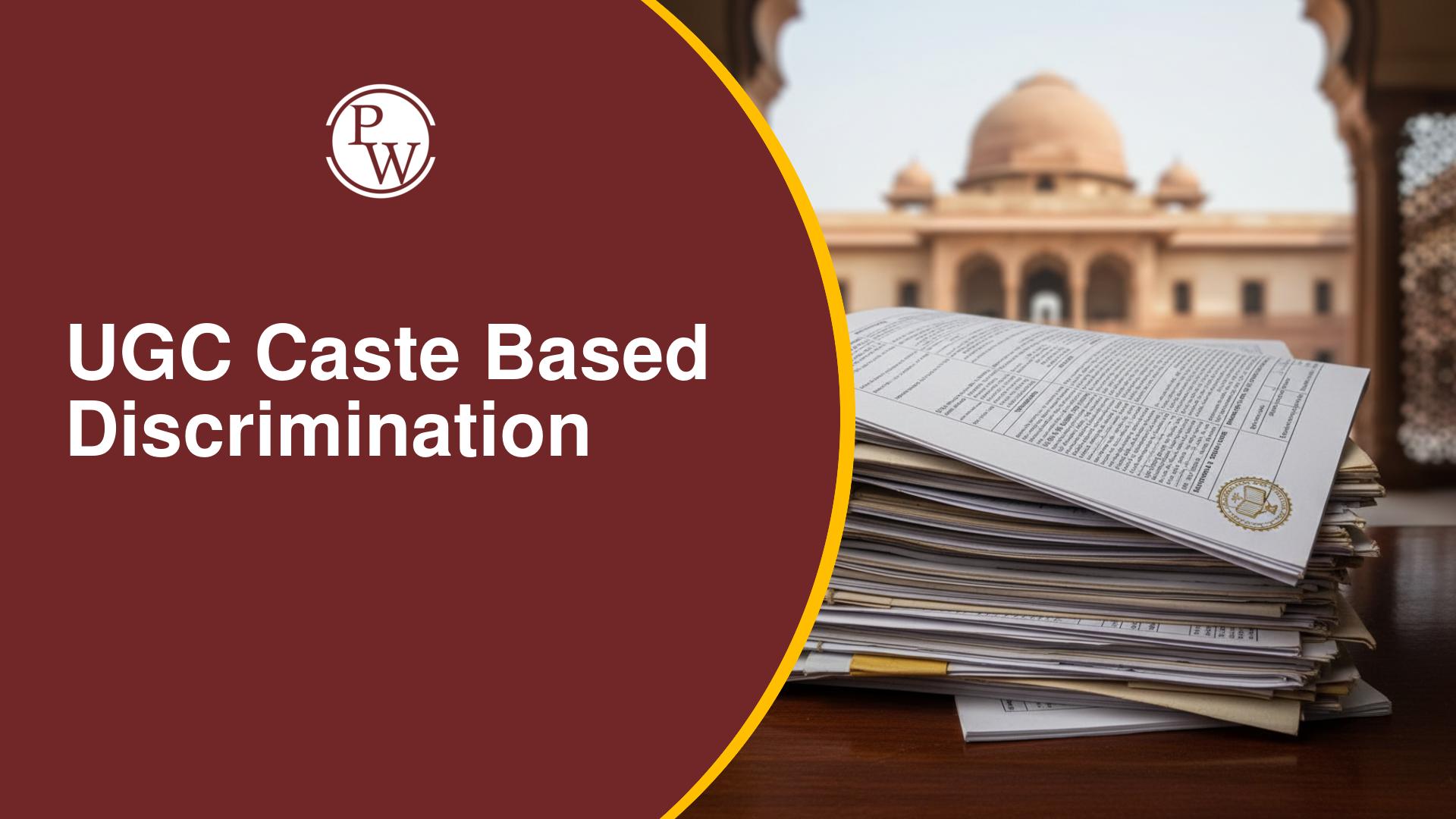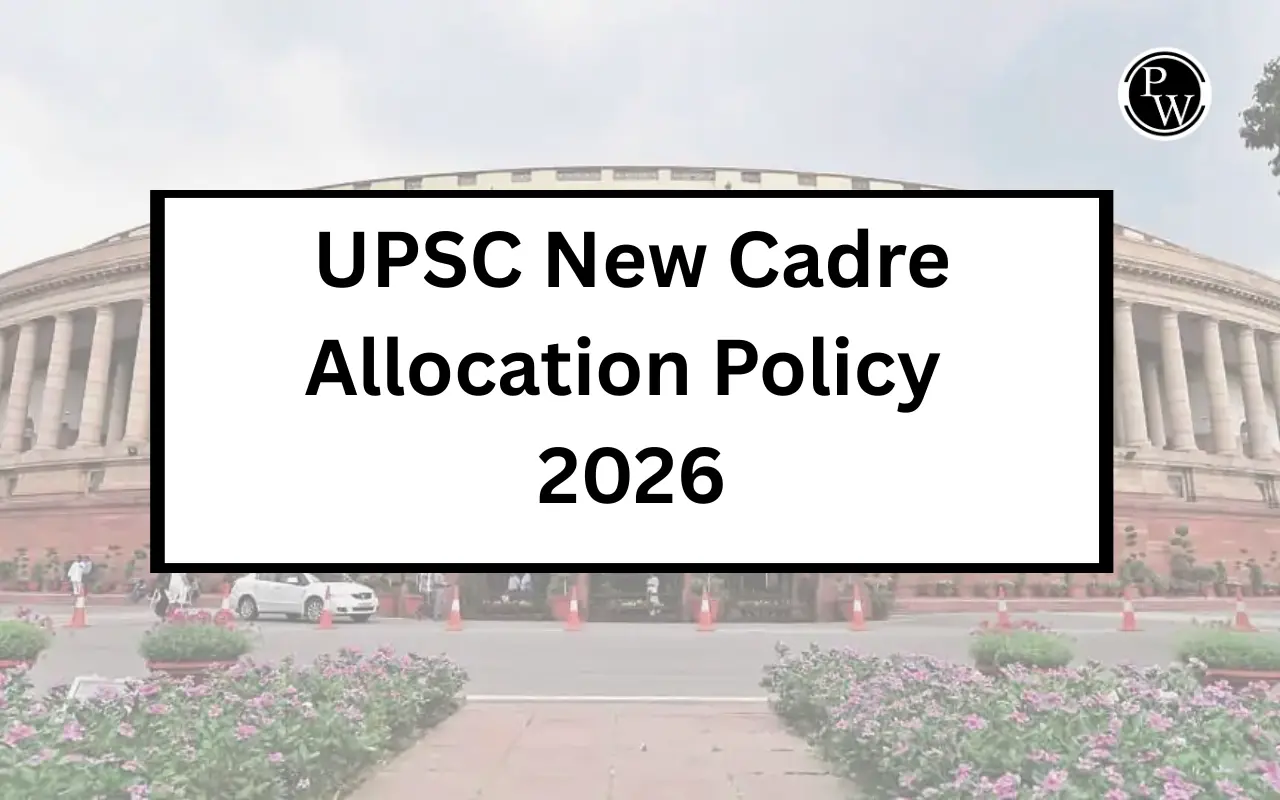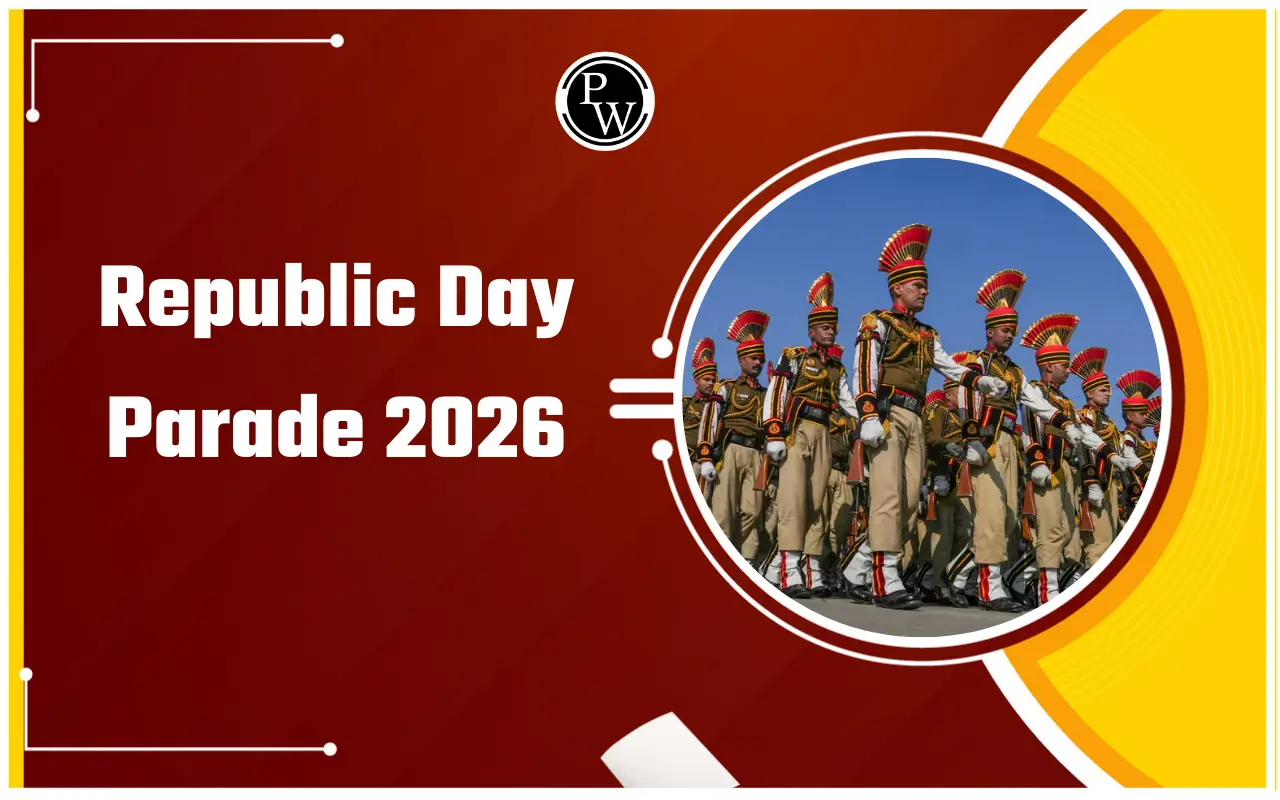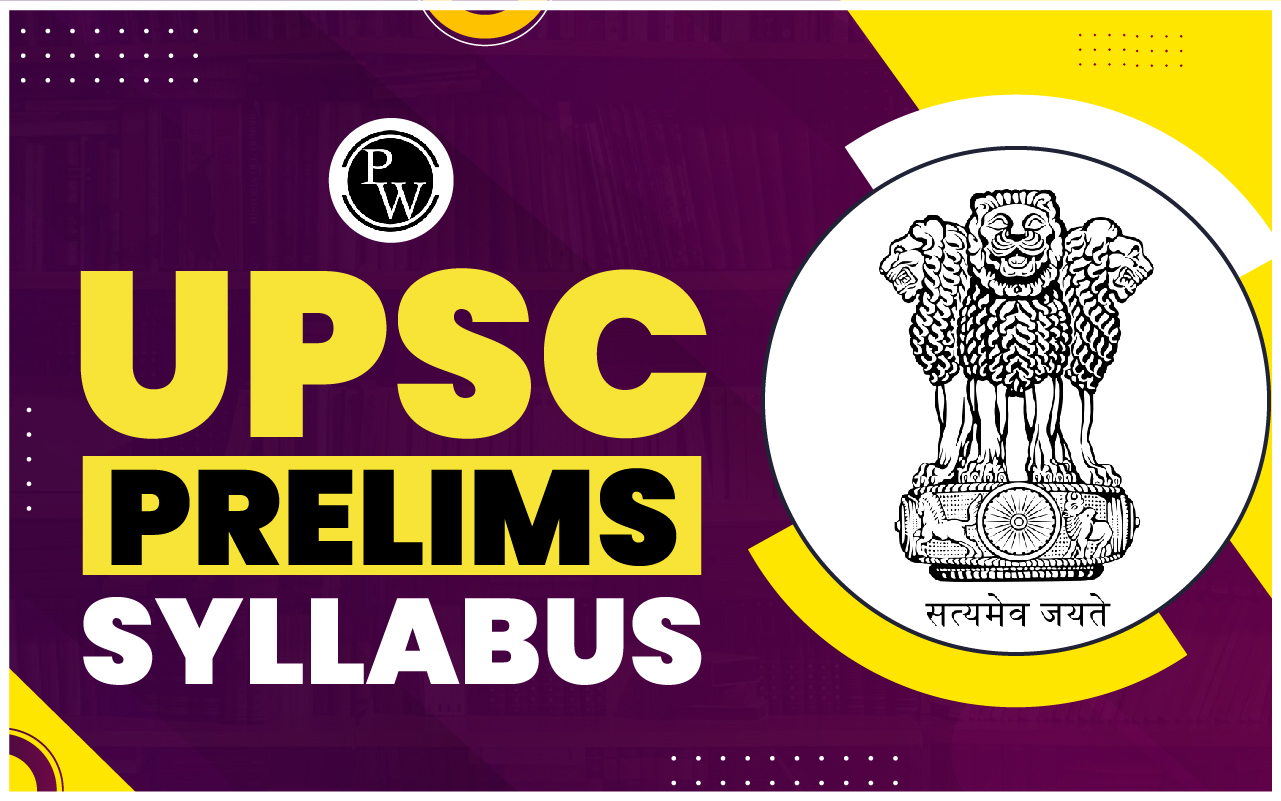
National Pollution Control Day 2024: Pollution has become one of the serious environmental challenges across the globe. Do you know that there is a day dedicated to highlighting the importance of pollution control in India? This day is known as the National Pollution Control Day, which is observed every year on December 2nd .
This day was established to honor the lives lost in the tragic Bhopal Gas Tragedy , one of the world’s worst industrial disasters. Keep reading to learn about National Pollution Control Day 2024's significance, background, and various initiatives to combat pollution.National Pollution Control Day 2024 Overview
National Pollution Control Day is observed every year on December 2 to spread awareness about the harmful effects of pollution. Each year, this day brings attention to different environmental issues , focusing on various pollution control technologies, policies, and the importance of reducing pollution.| National Pollution Control Day 2024 Overview | |
| Event | National Pollution Control Day |
| Date | 2 December 2024 |
| Purpose | Honour the victims of the Bhopal Gas Tragedy and raise awareness about pollution control. |
| Theme | Clean Air, Green Earth |
| Objectives | Encourage collective efforts for pollution control and environmental protection. |
| Activities | Awareness campaigns, seminars, workshops, and discussions. |
Background of National Pollution Control Day
National Pollution Control Day was initiated to commemorate the victims of the Bhopal Gas Tragedy, which occurred on the night of 2nd December 1984. This industrial disaster was caused by the leakage of methyl isocyanate (MIC) gas from a pesticide plant and claimed thousands of lives. This disaster exposed the world to the extreme dangers of industrial pollution and highlighted the need for stringent environmental policies and better pollution control measures. In response to this tragedy, the Indian government implemented a range of measures aimed at improving pollution control, regulating industrial emissions, and preventing similar incidents in the future.
Bhopal Gas TragedyOn the night of December 2, 1984 , a gas leak from the Union Carbide India Limited (UCIL) pesticide plant in Bhopal released methyl isocyanate (MIC) gas into the atmosphere, leading to widespread fatalities and suffering. Over 8,000 people died within 48 hours and nearly 500,000 people were exposed to the toxic gas. The Bhopal gas leak tragedy also resulted in long-term health complications for survivors, including respiratory issues, neurological damage, and birth defects. The Bhopal disaster raised global awareness about the dangers of industrial pollution and the lack of safety measures in industrial plants. |
National Pollution Control Day 2024 Theme
Organizations are celebrating National Pollution Control Day 2024 with various themes. According to CNNnews18, the theme of National Pollution Control Day 2024 is "Clean Air, Green Earth: A Step Towards Sustainable Living." This theme highlights the importance of taking proactive measures to ensure cleaner air and a healthier environment as essential components for a sustainable future. It aims to promote awareness and actions supporting pollution control and reducing carbon emissions.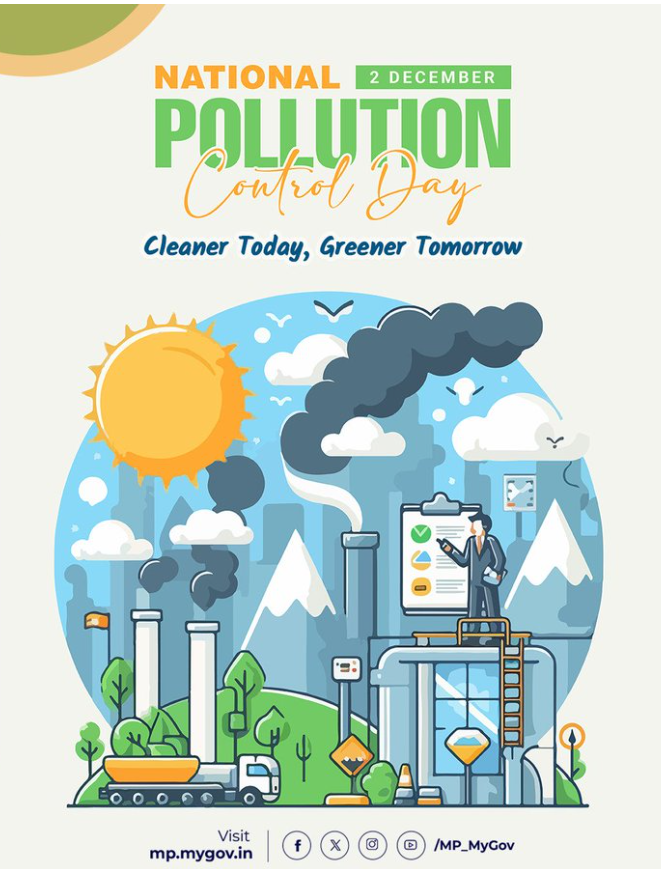 Image Credit: MP.mygov.in
Image Credit: MP.mygov.in
Objectives of National Pollution Control Day
National Pollution Control Day aims to achieve several key objectives including:- Commemorate the Bhopal Tragedy: The day serves as a reminder of the Bhopal Gas Tragedy and its lasting impact on the country. It serves as a wake-up call for the need for better disaster management and pollution control measures.
- Raise Awareness: It helps inform people about the various sources of pollution, including industrial emissions, waste disposal, vehicular emissions, and deforestation.
- Promote Sustainable Practices : It encourages individuals, organizations, and governments to adopt sustainable practices that can help reduce pollution.
- Support Policy Implementation: The day also serves as a platform for advocating for stronger environmental policies and their effective implementation.
- Inspire Action: National Pollution Control Day aims to inspire action at all levels of society to take proactive steps toward controlling pollution.
Top 10 Most Polluted Cities in India
India, unfortunately, hosts some of the most polluted cities in the world. The rising levels of air, water, and soil pollution in these cities continue to pose a severe threat to public health and the environment. Here are the top 10 most polluted cities in India in 2024:| Top 10 Most Polluted Cities in India | |||
| City | Rank | AQI | Level |
| Delhi | 1 | 404 | Hazardous |
| Ghaziabad | 2 | 346 | Severe |
| Gurgaon | 3 | 316 | Severe |
| Noida | 4 | 313 | Severe |
| Hisar | 5 | 312 | Severe |
| Muzaffarpur | 6 | 311 | Severe |
| Jalandhar | 7 | 309 | Severe |
| Bulandshahar | 8 | 309 | Severe |
| Faridabad | 9 | 308 | Severe |
| Amritsar | 10 | 304 | Severe |
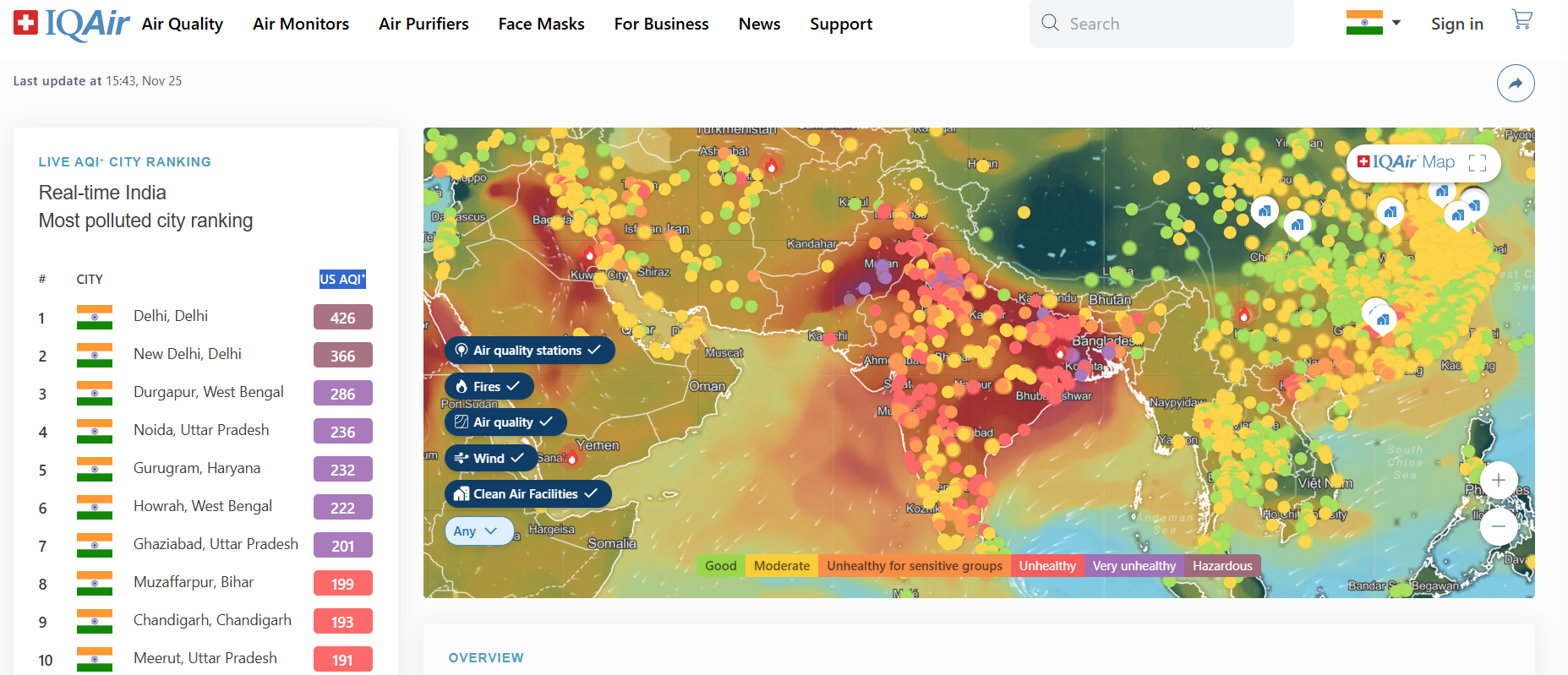 Credit: IQAir
Credit: IQAir
Pollution Control Laws in India
India has implemented several laws and regulations to control pollution and protect the environment. Some key pollution control laws include:- The Environment Protection Act, 1986: This act was enacted aftermath of the Bhopal Gas Tragedy. It is the umbrella legislation that empowers the government to take measures for the protection of the environment and pollution control.
- The Air (Prevention and Control of Pollution) Act, 1981: This law aims to prevent and control air pollution by setting standards for air quality and regulating emissions from industrial and other sources.
- The Water (Prevention and Control of Pollution) Act, 1974: This law focuses on maintaining water quality by regulating discharges of pollutants into water bodies.
- The National Green Tribunal Act, 2010: This act establishes a specialized tribunal to handle environmental disputes and ensures effective enforcement of environmental laws.
- The Noise Pollution (Regulation and Control) Rules, 2000 : These rules address noise pollution, setting limits on the permissible levels of noise in various areas such as residential, commercial, and industrial zones.
- E-waste (Management) Amendment Rules, 2018: These rules regulate the management and disposal of electronic waste (e-waste) by setting guidelines for the collection, recycling, and disposal of e-waste.
Delhi Pollution
Delhi faces some of the worst pollution levels in the world. The Union Territory of Delhi occupies the top position among the top 10 most polluted cities in the country. The city's air quality regularly exceeds safe limits during the winter months. The high levels of pollution in Delhi pose severe health risk s, including respiratory diseases, cardiovascular issues, and other chronic conditions. The government of Delhi has taken several steps to address this issue, including the implementation of the Odd-Even rule. Here are some of the steps taken to control Delhi Air Pollution :- Odd-Even Scheme: This scheme restricts vehicles with odd and even registration numbers from plying on alternate days, reducing the number of cars on the road.
- Graded Response Action Plan (GRAP) : It includes emergency measures that are implemented when the quality of air in Delhi NCR drops below “poor". It is activated in four stages based on the Air Quality Index (AQI) category.
- Promotion of Electric Vehicles (EVs) : The government has been promoting the use of electric vehicles to reduce vehicular emissions. Further, diesel vehicles older than 10 years and petrol vehicles over 15 years are banned in Delhi.
- Green War Room and Green Delhi App : A monitoring system that tracks down real-time air quality and serves as a platform for reporting grievances related to pollution levels.
- Stubble Burning Control: The government has also worked to curb stubble burning in nearby states by providing farmers with alternatives like in-situ crop residue management.
Significance of National Pollution Control Day 2024
National Pollution Control Day 2024 will be an important event for all citizens and government agencies involved in pollution control. The day will remind everyone of the environmental challenges we face and the urgent need to adopt sustainable practices. It inspires individuals and policymakers to adopt sustainable practices, ensure industrial compliance, and work towards a pollution-free future. In conclusion, National Pollution Control Day will serve as a powerful tool to promote greater awareness and commitment to pollution control. To learn in detail about the challenges posed by various types of pollution in India and the government's efforts to counter it, explore PW UPSC Courses now!| UPSC Related Articles | ||
| Chief Justice of India | Mission Karmayogi | Judicial Activism |
| COP29 Summit 2024 | Cooperative Federalism | Anti-Defection Law |
National Pollution Control Day 2024 FAQs
What is Pollution?
Pollution refers to the contamination of air, water, soil, and other natural resources due to harmful substances or waste, which can have adverse effects on health and the environment.
What is the aim of pollution control?
Pollution control aims to reduce or eliminate pollutants, improve environmental quality, and protect public health through various measures, laws, and technologies.
When is National Pollution Control Day observed?
National Pollution Control Day is observed on December 2 every year.
What is the theme for National Pollution Control Day 2024?
The theme for National Pollution Control Day 2024 is 'Clean Air, Green Earth: A Step Towards Sustainable Living'.
Why is National Pollution Control Day observed?
The day is observed to commemorate the Bhopal Gas Tragedy of 1984.
What is Bhopal Gas Tragedy Day?
Bhopal Gas Tragedy Day commemorates the catastrophic industrial accident that occurred in Bhopal, India, in 1984.
Talk to a counsellorHave doubts? Our support team will be happy to assist you!

Check out these Related Articles
Free Learning Resources
PW Books
Notes (Class 10-12)
PW Study Materials
Notes (Class 6-9)
Ncert Solutions
Govt Exams
Class 6th to 12th Online Courses
Govt Job Exams Courses
UPSC Coaching
Defence Exam Coaching
Gate Exam Coaching
Other Exams
Know about Physics Wallah
Physics Wallah is an Indian edtech platform that provides accessible & comprehensive learning experiences to students from Class 6th to postgraduate level. We also provide extensive NCERT solutions, sample paper, NEET, JEE Mains, BITSAT previous year papers & more such resources to students. Physics Wallah also caters to over 3.5 million registered students and over 78 lakh+ Youtube subscribers with 4.8 rating on its app.
We Stand Out because
We provide students with intensive courses with India’s qualified & experienced faculties & mentors. PW strives to make the learning experience comprehensive and accessible for students of all sections of society. We believe in empowering every single student who couldn't dream of a good career in engineering and medical field earlier.
Our Key Focus Areas
Physics Wallah's main focus is to make the learning experience as economical as possible for all students. With our affordable courses like Lakshya, Udaan and Arjuna and many others, we have been able to provide a platform for lakhs of aspirants. From providing Chemistry, Maths, Physics formula to giving e-books of eminent authors like RD Sharma, RS Aggarwal and Lakhmir Singh, PW focuses on every single student's need for preparation.
What Makes Us Different
Physics Wallah strives to develop a comprehensive pedagogical structure for students, where they get a state-of-the-art learning experience with study material and resources. Apart from catering students preparing for JEE Mains and NEET, PW also provides study material for each state board like Uttar Pradesh, Bihar, and others
Copyright © 2026 Physicswallah Limited All rights reserved.

